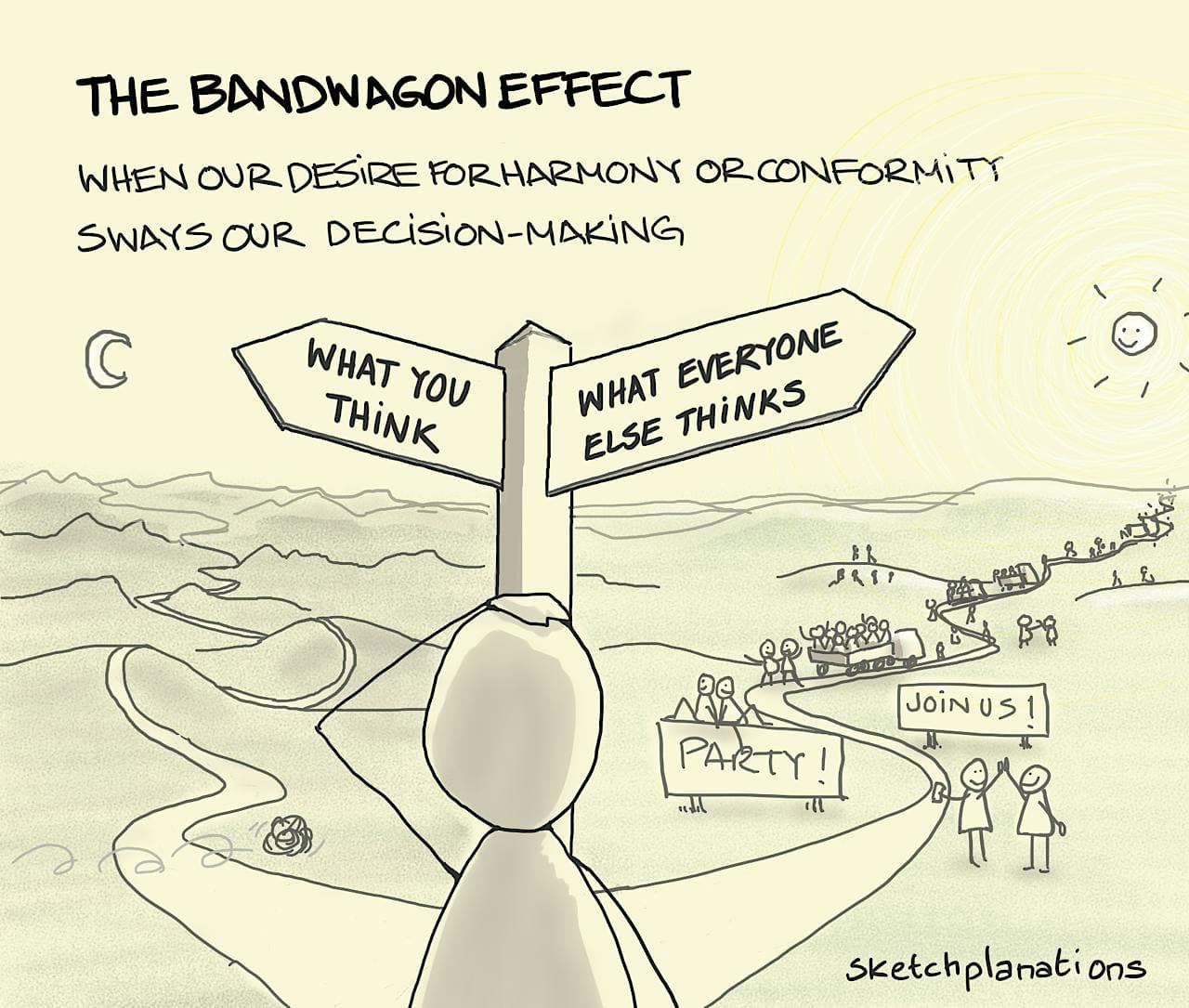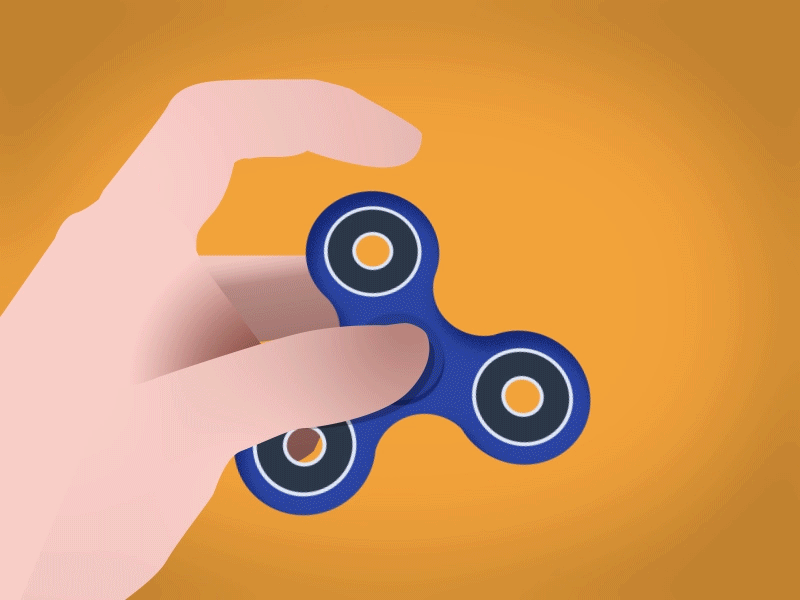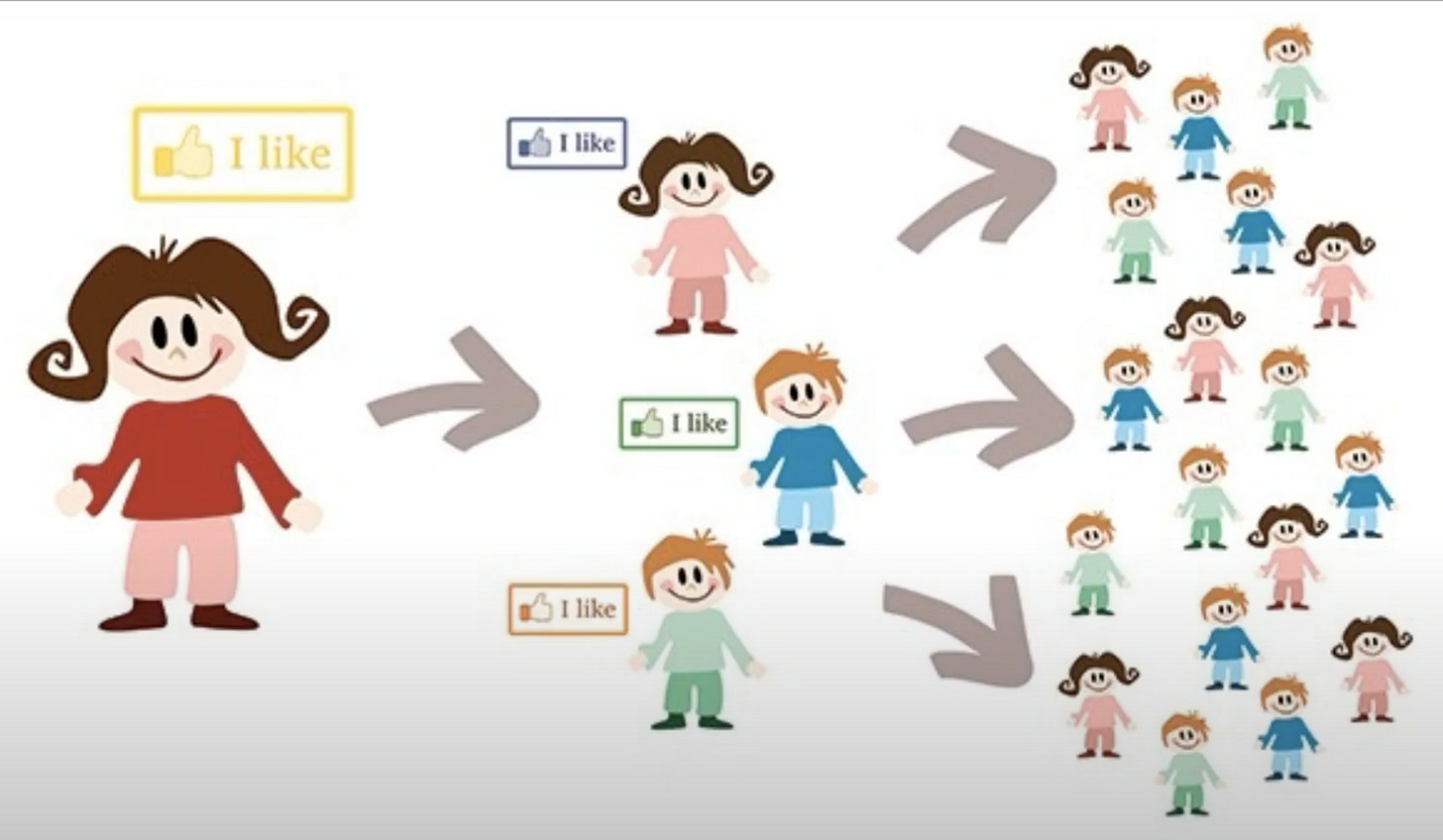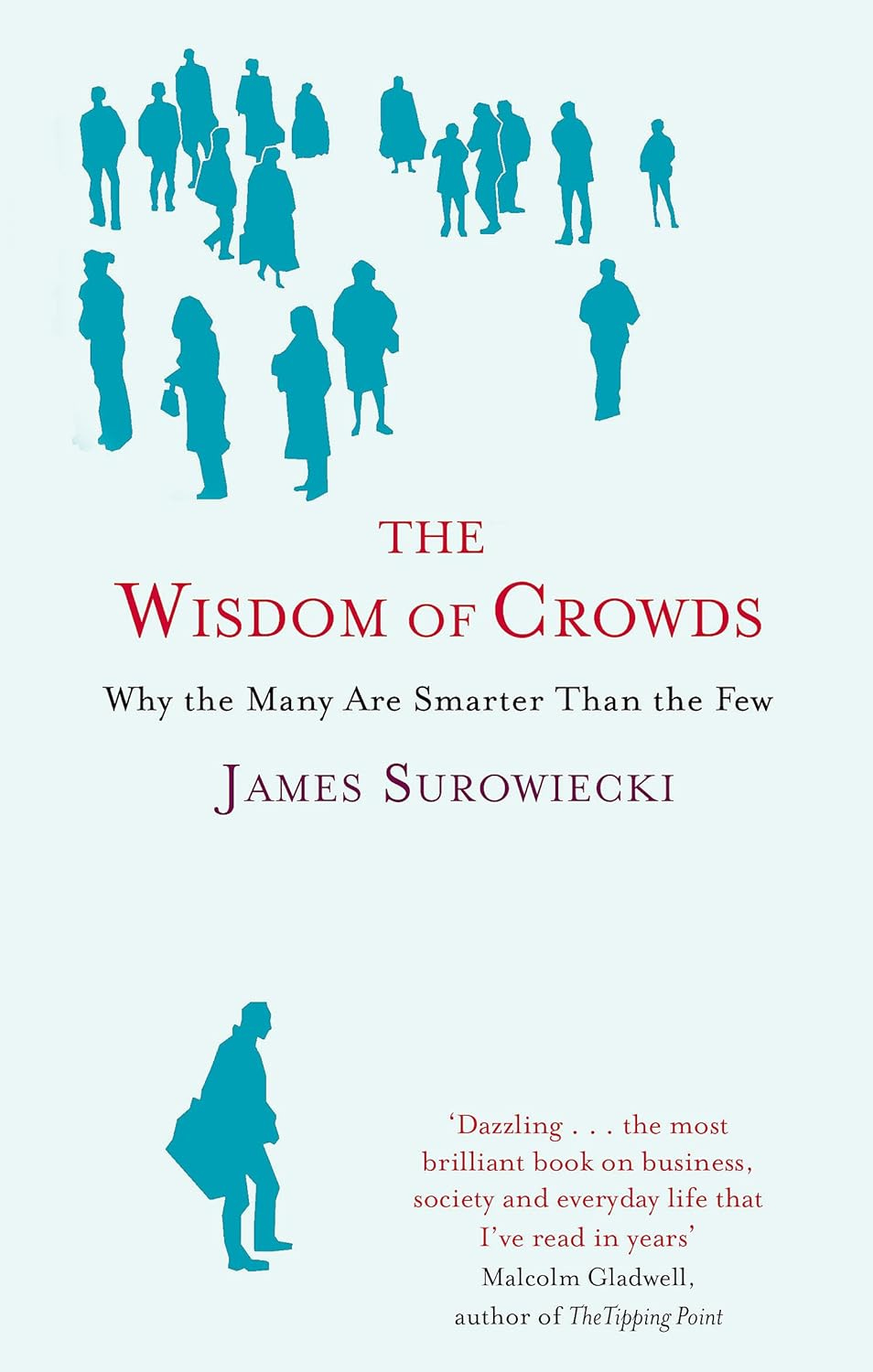#Business Analogy 028 - Emir's Banquet - The Mad Well - The Bandwagon Effect - Nobody got fired for IBM - Popularity Catch 22
If everyone is on Facebook, you can't afford to remain alone in Orkut (never heard of it?). It is extremely difficult to stand alone when a few hundred people made a choice, and make a contrary choice
THOUGHT EXPERIMENT -
GIVE A RATING
Let’s start this with a simple thought experiment.
You have gone to a restaurant, and you loved it and now a few minutes later, you got a request to give feedback.
Since you liked the restaurant, you wanted to give it a five-star rating.
However, when you open the review section, you see that the restaurant has only a one-star rating from more than 560+ reviews.
Now, would you still give the five-star rating to the restaurant? Or
Would you be really skeptical and decrease your rating?
Even if the overall rating is low we would prefer a product, a book, or a restaurant that has more volume of ratings.
We believe inherently that the greater the number of people who believe in something, the higher the chance of it being right.
Just because a billion people believe in something it does not automatically become right, without any proof.
The Emir’s Banquet
The Mulla was walking down the village street, deep in thought, when some urchins began to throw stones at him.
He was taken by surprise, and besides, he was not a big man.
‘Don’t do that, and I will tell you something of interest to you.’
‘All right, what is it? But no philosophy.’
‘The Emir is giving a free banquet to all comers.’
The children ran off towards the Emir’s house as Nasrudin warmed to his theme, the delicacies and the delights of the entertainment...
He looked up and saw them disappearing in the distance.
Suddenly he tucked up his robes and started to sprint after them.
‘I’d better go and see,’ he panted to himself, ‘because it might be true after all.’
Nasrudin, could not resist following the crowd, knowing full well that he created the rumor.
This irresistible urge to follow the crowd and do what everyone is doing is illustrated in Kahlil Gibran’s short story.
THE MAD WELL
A magician came to town and threw some medicine into the town well.
He said that whosoever would drink from this well would go mad.
There were only two wells in the town: one for the ordinary people and one for the king.
They had to drink from the well, even though they knew they would go mad because it was the only well available to them. It was a hot summer day, and they tried not to drink, but how long can you try?
By and by, they yielded. By the evening, the whole town had gone mad.
The king was very happy. Standing on his palace terrace, he looked around and said to his prime minister, ’We are grateful to God that we have a separate well, otherwise, we would also have gone mad. The whole town has become mad.’
People were dancing, singing, jumping, screaming, and howling. The whole town was simply unbelievable. What has happened? It was a nightmare. People were doing sorts of things they had never done before.
But within hours, the happiness of the king disappeared because the people came to the palace and they started shouting that the king had gone mad. The king’s army was also in the town, and they went mad, his bodyguard, his cook, and his servants. Only the king, the queen, and the prime minister, three persons, were left.
Now, what can you do against the whole town when it is mad? The king became very afraid and said. What to do now?’
The prime minister said, ’There is only one thing to be done. I will try and prevent them for a few minutes. You run and drink from that well. There is no other way. You go fast.’
The king went, drank from the well, and when he came back, he was dancing. The crowd shouted in joy and they said, ’Thanks be to God. We are grateful to God. Our king’s mind has come back!’
If everyone is mad, then you cannot afford to be sane, it is very harmful both for your physical and mental well-being.
The King did not really have a choice now, did he?
He is forced to choose to drink from the well.
Both the Mad Well and The Emir’s Banquet serve as great analogies for the Bandwagon Effect.
WHAT IS THE BANDWAGON EFFECT?
The Bandwagon effect is a powerful cognitive bias.
It refers to people’s tendency to do something simply because other people do it, regardless of whether this aligns with their original beliefs.
The term stemmed from the phrase "jump on the bandwagon" which first appeared in American politics in 1848. Dan Rice, a famous and popular circus clown of the time, used his bandwagon and its music to gain attention for his political campaign appearances.
It can be seen in music, food & drink, fashion, social media, and politics.
Do you remember the fidget spinner fad?
Do you remember the time when everyone had one, after the patent on it expired, everyone got in on the fidget spinner craze. Nobody ever asked what is in it for me, or what are the uses of this device, they simply said, everyone has it, I got to have it too.
This Cognitive Bias gets amplified when groups form in corporations and it becomes easy to see what others are doing.
CASE STUDY
THE IBM/MICROSOFT BANDWAGON
Let’s start this case study with another thought experiment.
Let’s assume that you are working in an MNC - The Credit Card Company, it is spread across 100+ countries.
Now you are tasked with the option of choosing a service provider for all the hardware for servers across the organization.
Irrespective of your expertise, your research found that 90% of all the servers in the world use IBM hardware.
You also discover that the previous director has been fired for making a wrong choice related to the software that caused an outage and millions of dollars in lost revenue.
You definitely do not want to lose your job.
What would you do?
Here is what you would do - You would choose IBM. WHY?
There is a famous saying, nobody ever got fired for buying IBM, later it got paraphrased to NOBODY EVER GOT FIRED FOR CHOOSING MICROSOFT.
For you, not getting fired is more important than putting in the effort to choose the best Hardware providers. It is always wise to go with the choice of 90% of others in the market because it will become very difficult to blame you. If someone had to blame you and make you a scapegoat it is impossible, you can simply say almost everyone uses the same solution from IBM/MICROSOFT and get away with it.
Why does Mckinzie or any other consulting company suggest a new software? Because the competitor is using it.
This the the IBM Bandwagon in essence, but you also have the MICROSOFT BANDWAGON, The Cisco Bandwagon, The Apple Bandwagon, and many others. Which bandwagon you wish to ride on is absolutely your choice.
I end the article here,
but the Bandwagon effect has many shoots, for example, why do people fall pretty to the bandwagon? - is dealt with in APPENDIX C
When is it “not wrong” to follow the crowd? - is dealt with in APPENDIX B
Why "you need to be popular first” to be “popular” - the CATCH 22 situation caused by the BANDWAGON Effect is discussed in APPENDIX A.
Bandwagon is known by a plethora of synonyms, the list of all the synonyms are provided in APPENDIX D.
Bandwagon Effect is related to other Economic Biases like the Snob Effect, Retched effect, Veblen Effect, and Pigou Effect, the list of a family of such biases is listed in APPENDIX E.
APPENDIX A
THE CATCH-22 OF POPULARITY
To be popular, you must first be popular. To become famous, you must already be famous.
The Bandwagon Effect leads to some peculiar situations.
Riches beget Riches, Fame begets fame, and so on…
This is the paradox of fame, powered by the bandwagon effect. You are more likely to click a thumbs up on a reel/YouTube video that already has a million likes, irrespective of the content. But a video that you love has only 10 likes, you might even consider hitting the like button and be in the minority. You reserve that like for a more popular video.
This is a peculiar case of a RUNAWAY BANDWAGON. Where the Bandwagon Effect causes a snowball effect and results in a vicious loop or virtuous loop, (depending on how you perceive it) of fame, popularity, opportunities etc…
This brings us to the next serious question - “SO WHAT?”
APPENDIX B
IS THE CROWD ALWAYS WRONG?
When should you follow the crowd and when should you not follow the crowd?
This question forms the premise of this book.
There are specific instances when following the crowd is better.
The author has classified crowds as smart crowds and dumb crowds.
For a crowd to be smart it has to satisfy the four conditions that characterize wise crowds:
Diversity of opinion
Each person should have some private information, even if it's just an eccentric interpretation of the known facts.
Independence
people's opinions are not determined by the opinions of those around them
Decentralization
People are able to specialize and draw on local knowledge
Aggregation
Some mechanism exists for turning private judgments into a collective decision.
If a group satisfies those conditions, its judgment is likely to be accurate.
So we can get on the bandwagon of that wise group.
APPENDIX C
Why do people get on the bandwagon?
There are many reasons
FOMO - FEAR OF MISSING OUT
Let’s get on the bandwagon before it gets full, let’s buy some property before it becomes too costly and we miss the bandwagon altogether. This FOMO is one of the reasons why people follow the herd often into the abyss.
COST OF DECISION-MAKING
To make a choice a lot of research needs to go into it. A simple choice like which car to buy requires research spanning across 50 different factors. Most of the people can’t afford to invest that amount into research. It is easy to piggyback on the opinions of the majority, the alternative is extremely costly.
GROUPTHINK
We surround ourselves with people like us, who think like us, who speak the same language, who have the same professions, and very rarely does anyone hang out with dissenters. This creates a natural bandwagon, of like-minded individuals “Group Think Bandwagon.”
MINIMIZE REGRET
Often we want to minimize the regret that follows a decision, if there are million people who have made the same choice and have also lost, you are now not alone.
If you made a brave choice and lost, you would be the only one. But if you went with the flow i.e. went with the crowd then you have the crowd to blame, you can shift the blame and say that you did what everyone else did, but still failed.
It is a human tendency to seek company in misery and pain.
APPENDIX D
VARIANTS OF BANDWAGON EFFECT
The bandwagon effect happens in various ways. But all of them have a common thread, if everyone is doing it then it must be true and so let me join them.
We have been doing this for generations, hundreds of thousands of our ancestors have given human sacrifices to appease the gods, it rains, and we get a good harvest. Do you think all our ancestors were wrong? Smart Ass?
This is an appeal to tradition, a mutation of the BandWagon Effect where the “everyone” is your “ancestors” and all of them are dead.
APPENDIX E
ECONOMIC BIASES
1️⃣ Bandwagon Effect 🚋👥
The tendency for people to adopt certain behaviors, styles, or attitudes simply because others are doing so. It's a form of herd mentality—the more people adopt something, the more others want to jump on board.
You weren’t interested in TikTok before, but once everyone around you started using it, you downloaded it too 📱➡️👀.
2️⃣ Snob Effect 🎩🚫
The opposite of the Bandwagon Effect. People desire something because it’s not popular—the product gains value because it’s exclusive or rare.
Alex buys a custom handmade watch 🕰️ because no one else in their circle owns it, and they like feeling unique.
3️⃣ Veblen Effect 💎💰
When higher prices make a good more desirable because owning it signals status or prestige. The demand rises as the price increases—contrary to standard economic logic.
Even though a $20 handbag does the same job, Sarah buys a $3,000 Louis Vuitton bag 👜 to show off her wealth and status.
4️⃣ Ratcheting (or Ratchet) Effect 🔧📈
This is when once consumption or standards of living rise, people find it hard to go back down. Behavior or expectations "lock in" at a higher level.
During a bonus year, Sam upgrades from a modest car 🚗 to a luxury sedan 🚘. Even when income drops later, Sam finds it painful to downgrade back to a cheaper car.
5️⃣ Pigou Effect 🛍️💸
Also known as the real balance effect, it suggests that as prices drop (deflation), people feel richer because their money’s purchasing power increases, leading them to spend more.
When the economy tanks and prices fall 📉, Emma notices her savings go further 💰 and decides to buy that new TV 📺 she’d been holding off on.
REFERENCES
https://baymard.com/blog/sort-by-customer-ratings
https://www.oshonews.com/2017/08/15/the-well-that-made-everyone-go-mad/
https://www.linkedin.com/pulse/bandwagon-effect-dhanya-madhu-edakkara
https://en.wikipedia.org/wiki/Bandwagon_effect
https://medium.com/@moneysourcedeals/what-is-the-bandwagon-effect-why-people-follow-the-crowd-6dfd4fa26d98
https://www.wallstreetmojo.com/bandwagon-effect/
https://sketchplanations.com/the-bandwagon-effect
https://thedecisionlab.com/biases/bandwagon-effect
https://jolene5.home.blog/2020/04/18/entry-30-design-customer-behaviour/
https://www.studocu.com/in/document/mahatma-gandhi-university/micro-economics/module-2-pigou-effect-and-criticisms-of-the-classical-theory/33866658
https://sciencetheory.net/pigou-effect-1943/
https://lithub.com/to-be-popular-you-must-already-be-popular-on-the-dangers-of-the-bandwagon-effect/






![A time is coming when men will go mad...." -St. Anthony the Great [1000 x 1000] : r/QuotesPorn A time is coming when men will go mad...." -St. Anthony the Great [1000 x 1000] : r/QuotesPorn](https://substackcdn.com/image/fetch/$s_!y0LB!,w_1456,c_limit,f_auto,q_auto:good,fl_progressive:steep/https%3A%2F%2Fsubstack-post-media.s3.amazonaws.com%2Fpublic%2Fimages%2F1f6aa4b4-48ac-4bde-b0f6-645e87440efd_640x640.jpeg)










Refreshing article